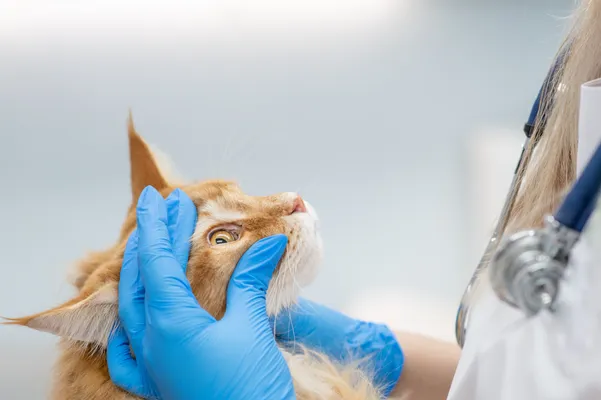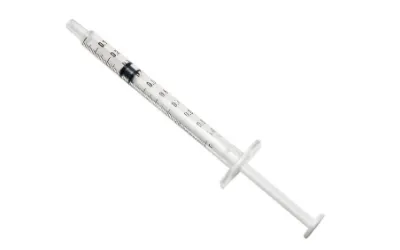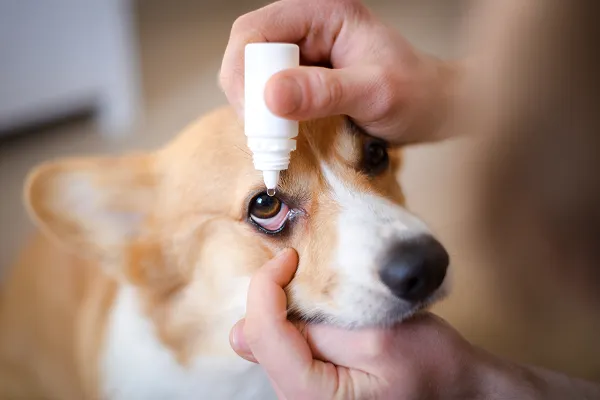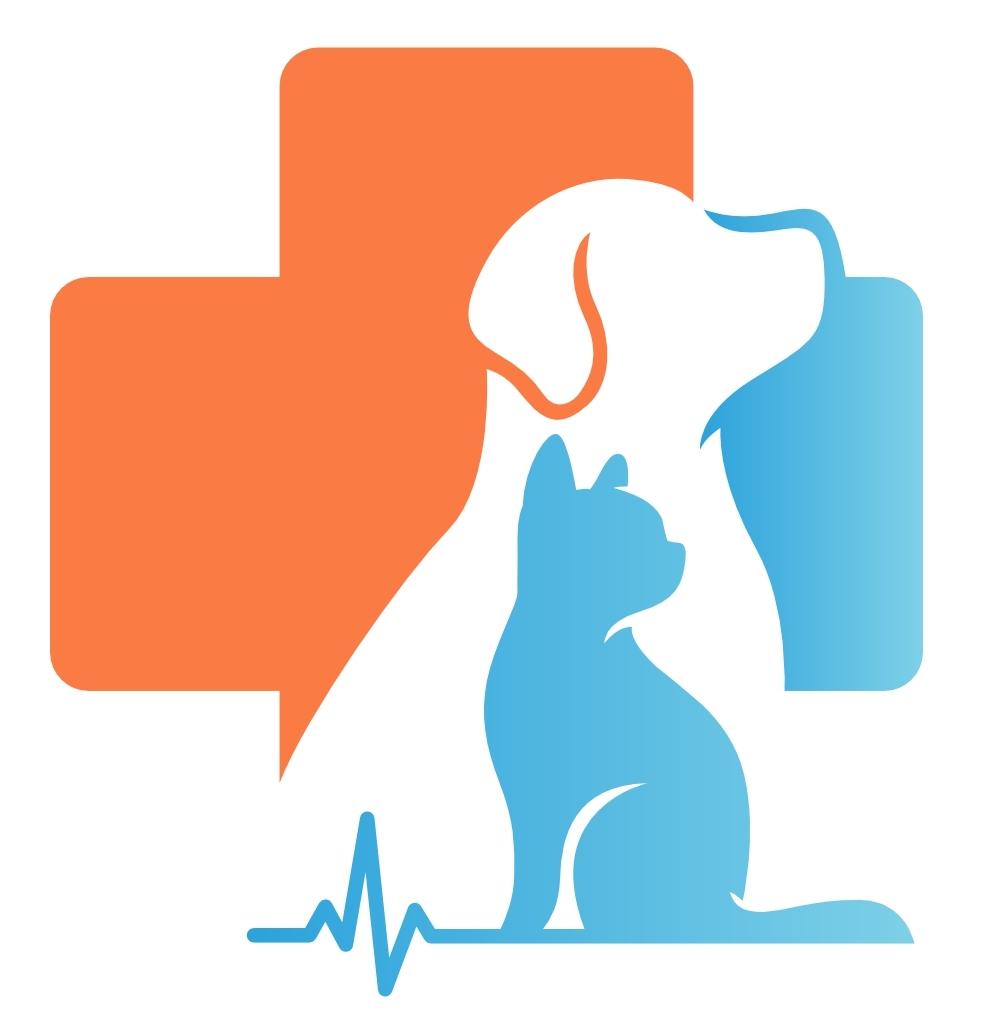Doxepin

Doxepin is given by mouth and is used off label to treat psychogenic dermatoses such as excessive grooming and psychogenic alopecia. Give as directed. The most common side effect is sleepiness. Do not use in pets that are allergic to it or other tricyclic antidepressants, in pets currently using an MAOI or flea/tick collar, or in pets undergoing skin allergy testing within two weeks. If a negative reaction occurs, please call your veterinary office.
Diclofenac Ophthalmic

Diclofenac ophthalmic is a topical nonsteroidal anti-inflammatory medication used to treat inflammatory eye conditions in cats, dogs, rabbits, avian species, and other animals. Diclofenac ophthalmic comes in liquid drop form.
Diazepam

Diazepam is given by mouth, injection, or into the rectum and is used off label to treat anxiety, seizures, tense muscles, or decreased appetite. Give as directed by your veterinarian. Side effects include sleepiness, increased appetite, incoordination, weakness, agitation, drooling, and aggression. Do not give to cats by mouth, and do not use in pets that are allergic to it or other benzodiazepines, or in pets with severe liver disease. If a negative reaction occurs, please call your veterinary office.
Dexamethasone Ophthalmic

Dexamethasone ophthalmic is a topical steroid medication used to treat inflammatory eye conditions in cats, dogs, rabbits, avian species, and other animals. Dexamethasone ophthalmic may be used alone or in combination with an antimicrobial. Dexamethasone ophthalmic comes in ointment and liquid drop form. Avoid use in animals with corneal ulcerations or corneal infections.
Colchicine

Colchicine is given by mouth and is used off label to primarily treat amyloidosis and Shar-Pei fever. Give as directed by your veterinarian. Side effects are not well documented and may include nausea, vomiting, diarrhea, lack of appetite, skin rash, incoordination, severe tiredness, weakness, infections, bleeding, or bruising. Do not use in pets that are allergic to it or in pets with severe kidney, gastrointestinal, or heart disease. If a negative reaction occurs, please call your veterinary office.
Clomipramine

Clomipramine is given by mouth and is used on and off label to treat behavior disorders such as obsessive-compulsive disorders, anxiety, aggression, and urine marking. Common side effects include lack of appetite, vomiting, diarrhea, constipation, dry mouth, elevated liver enzymes, difficulty urinating, or tiredness. Do not use in pets that are allergic to it or other tricyclic antidepressants, in breeding males, in pets with a history of seizures, or concurrently with monoamine oxidase inhibitors such as amitraz flea collars. If a negative reaction occurs, please call your veterinary office.
Chlorpheniramine Maleate

Chlorpheniramine maleate is given by mouth and is used off label to treat allergic conditions or as a mild sedative. Common side effects include sleepiness, although other side effects are possible. Do not use in pets that are allergic to it or other similar antihistamines, or pets that are undergoing allergy testing within 2 weeks. If a negative reaction occurs, please call your veterinary office.
Chloramphenicol

Chloramphenicol is given by mouth or injection and is used on and off-label to treat bacterial infections. Give as directed. Common side effects include vomiting, diarrhea, and decreased appetite. Do not use in pets with blood disorders, in pediatric or geriatric animals, or in pregnant or nursing females. If a negative reaction occurs, please call your veterinarian.
Carprofen

Carprofen is a nonsteroidal anti-inflammatory drug (NSAID) used on and off label. It is given by mouth in the form of a tablet to treat pain and inflammation. The most common side effects include vomiting, diarrhea, and decreased appetite. Do not use this medication in pets with bleeding disorders, in pets that are allergic to it or other NSAIDs in the same class, or in pets concurrently using corticosteroids or other NSAIDs. If a negative reaction occurs, call your veterinary office.
West Nile Virus in Birds

The West Nile Virus (WNV) is transmitted by the bite of a mosquito (primarily Culex species) that is infected with the virus. Birds are both susceptible to the virus and can act as a host, though indigenous birds such as owls, hawks, eagles, crows, and jays appear to be most at risk in comparison to pet birds. There is no specific treatment once a bird is infected so prevention is of high importance.
